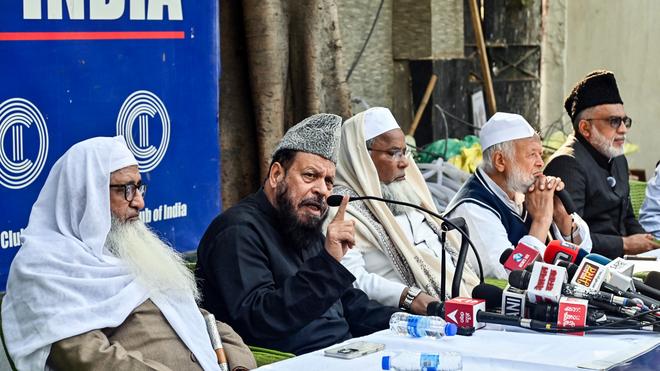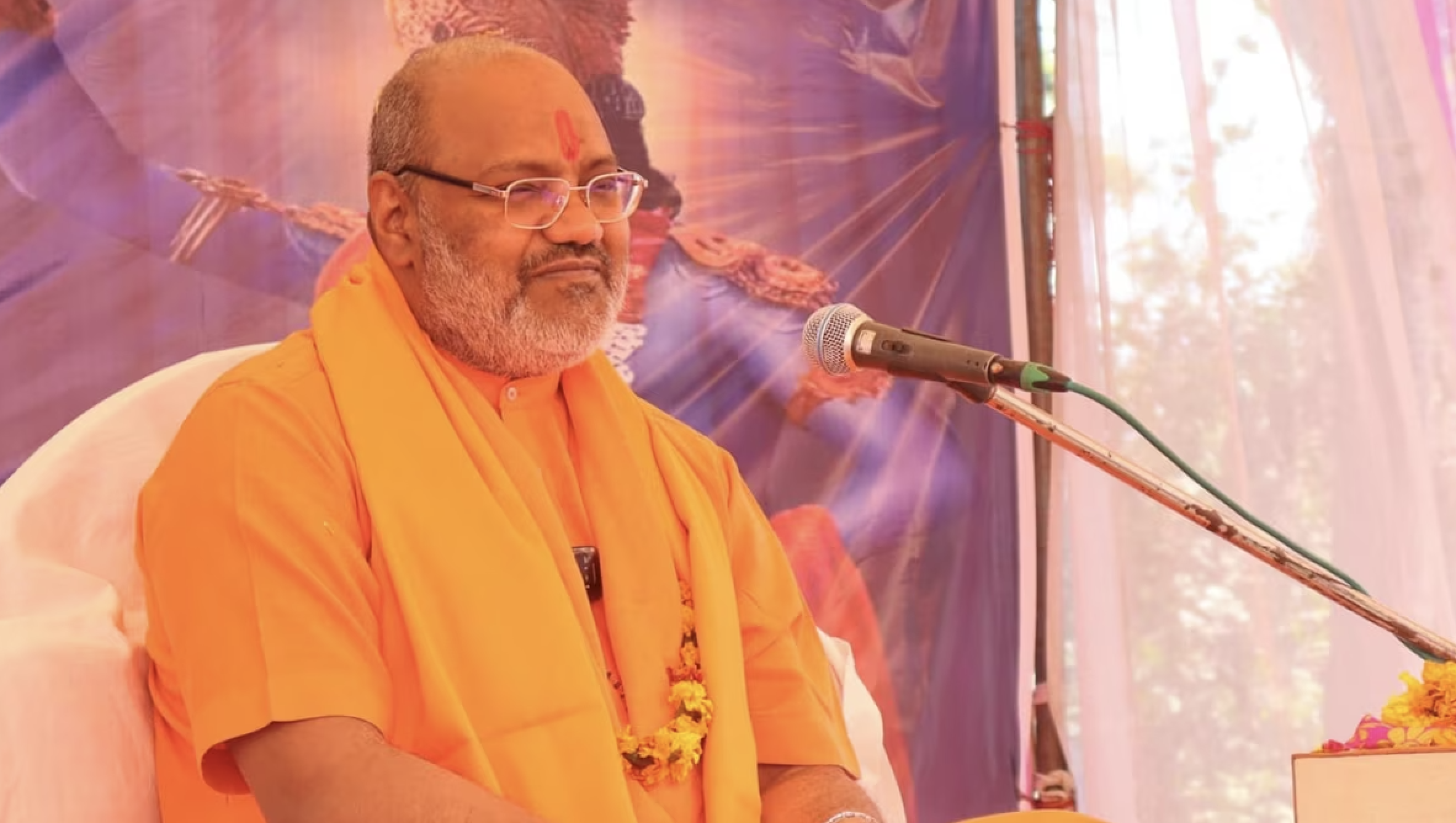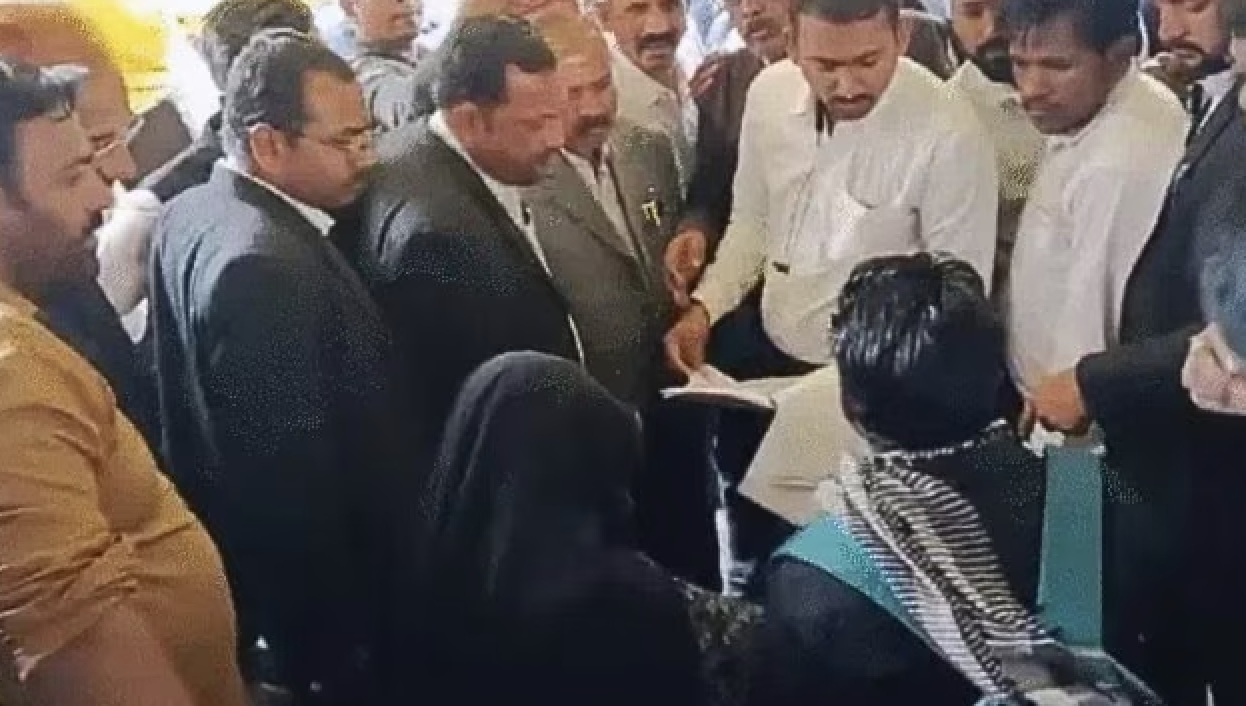
By Ziya Us Salam
The All India Muslim Personal Law Board will take legal recourse if the Waqf (Amendment) Bill is passed by the Parliament. Calling upon the government to withdraw the Bill, the Board’s spokesman, S.Q.R. Ilyas called the Bill “a direct threat to Waqf properties” which “aims to deprive Muslims of their mosques, madrasas, dargahs and graveyards”.
The All India Muslim Personal Law Board will take legal recourse if the Waqf (Amendment) Bill is passed by the Parliament. Calling upon the government to withdraw the Bill, the Board’s spokesman, S.Q.R. Ilyas called the Bill “a direct threat to Waqf properties” which “aims to deprive Muslims of their mosques, madrasas, dargahs and graveyards”.
Also Read | Gurdwaras, churches to be targeted next: Opposition MPs on parliamentary panel report on Waqf bill
“It is unfortunate that the Joint Parliamentary Committee report on Waqf was presented in the Parliament today. The way the ruling party, its allies and the JPC have completely ignored the opinion of Indian Muslims, views of the Opposition members within the JPC and unilaterally pushed their arbitrary proposal in Parliament through an undemocratic process is highly condemnable. This is unacceptable to Indian Muslims, other minorities and all justice-loving citizens,” Mr. Ilyas said.
At a working committee meeting of Jamiat Ulama-i-Hind, Arshad Madani, president of the body, remarked that “The Waqf Report, which was presented to the Speaker with 14 amendments by the Joint Parliamentary Committee, violated all democratic values and the constitutional rights of Muslims.”
Mr. Madani stated that the fears previously raised have proven to be correct. “Through these amendments, the Central government intends to alter the status and nature of Waqf properties, making it easier to seize them and eventually dissolve the status of Muslim Waqf. Previously, under Section 3, the Waqf Board used to decide whether a property could be designated as Waqf or not. However, under the current amendment, this authority has been transferred. Furthermore, the 14 amendments presented in Parliament today include a new provision that grants the power of inquiry to a senior government officer instead of the Collector, who will decide whether the property is government-owned or Waqf land. The officer will submit a report, and until the report is received, the property will not be considered Waqf from that very day. In other words, if the report is delayed for 50 years, the property will not be recognized as Waqf.”
During the JPC hearings between August and January, large sections of Muslims across the country, including religious scholars and community organisations opposed the Bill. Nearly 36 million Muslims submitted their objections via email to the committee. “In matters of this nature, the opinions of the affected stakeholders hold paramount importance. However, these voices have been completely ignored,” the spokesman alleged, adding, “The government’s stance on Muslim-related issues has been biased, discriminatory and hostile — an approach that is not only irresponsible but is also a direct violation of constitutional values.”
This story was originally published in thehindu.com. Read the full story here.






